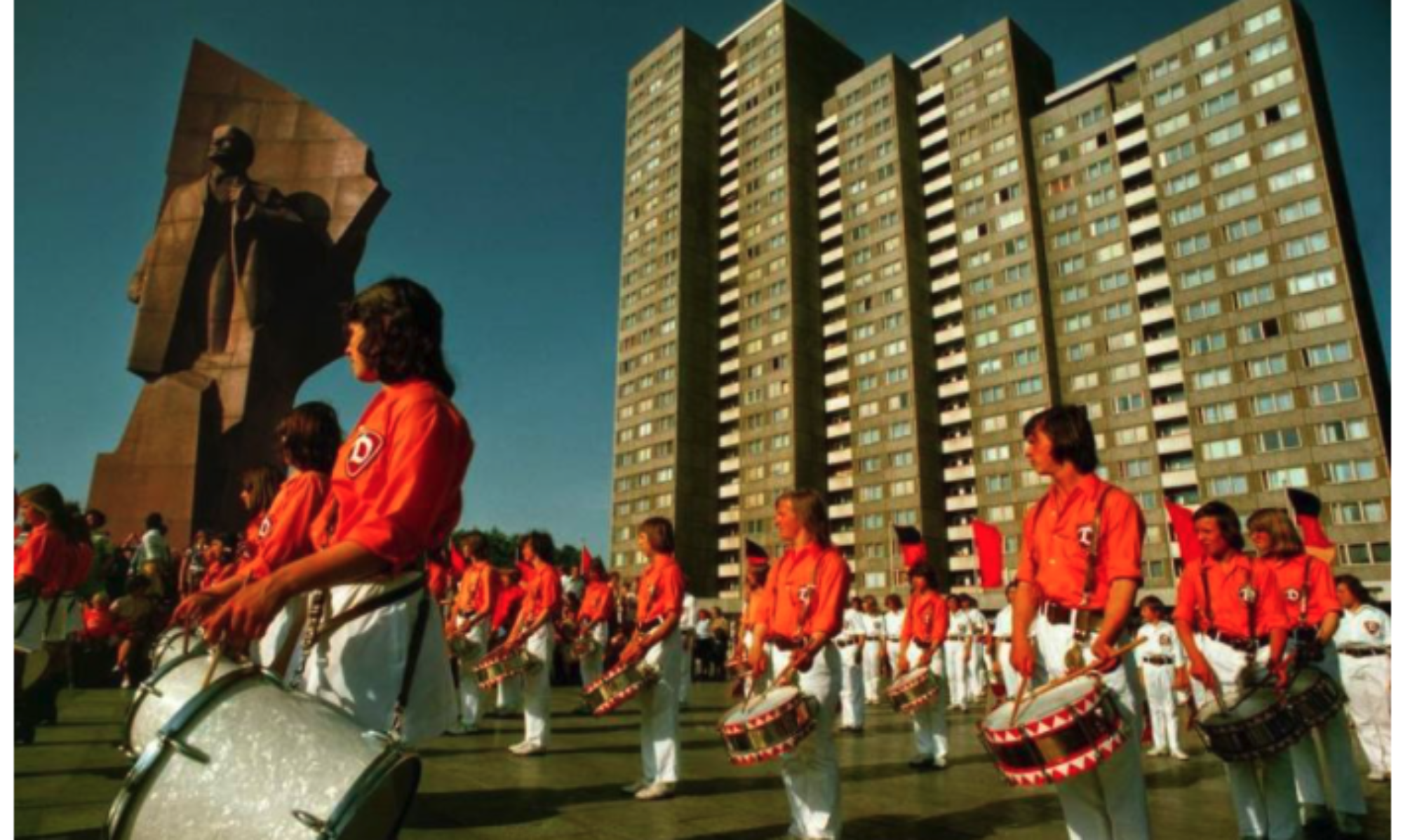In comparison to the interviews we read about the Hungarian Revolution, Under a Cruel Star contained everything that I believe was lacking: daily life before the conflict, a deeply personal account, and daily life after the conflict. With Heda Margolius Kovaly’s writing, I not only understood the show trials as a historical event, but was provided with a deeply humanistic and primary account of life in Eastern Europe during Stalinization. Further, we received the account that was missing (and that Augustine noted) from so many of the interviews we read for Monday’s class; here, we have the account of a woman who took on many roles, as women in the Soviet Union did, as a mother, a homemaker, a wife, and a worker. Due to the nature of her many roles, her writing not only offered insight into the series of political events from the show trials to its aftermath, but into the gender roles in Eastern Europe at the time.
Through her perspective as a woman living through Stalinization, Kovaly emphasizes the arduous tasks that women faced, especially following the arrest or loss of a husband. Finding housing, work, or food was not easy – let alone when your husband is believed to be a traitor. Prior to her husband’s arrest, she was expected to take on the character of the ideal Communist wife. In addition to work and homemaking, this involved entertaining guests and attending Party functions which, given the action of the President, it was clear she did not enjoy. However, it became evident in her description that being everything (a mother, a wife, an employee, and a party member) was expected of women in Czechoslovakian and Communist society. Though we only read a portion of the memoir, I sensed a shift in her role following her husband’s arrest. While she still was bearing a substantial amount of responsibility, if not more than before, Kovaly’s determination and strong-minded attitude come through as she begins to transition into the role of an activist on her husband’s behalf.
Considering the shock of the ministers she met with near the end of the reading, with one noting that she was the only widow to respond in such a way, in what way was her response considered atypical? Was she atypical for believing and defending her husband? Was she atypical for criticizing the Communist Party? Or, was she simply atypical for being a strong-willed woman?

I think you raise a really good point! I also think something to mention is also how she warned her husband to quit his job and be more careful, but he didn’t listen, which ultimately led to his fate. I do think she is treated differently for being a strong-willed woman, especially being the wife of an accused man. She was ostracized for being married to a “traitor,” was refused hospital care, and lost many jobs. It was definitely a very hard time for most women, but I think the widows and wives of the accused had a lot of trouble with dealing with the backlash of society.
I love that you raised this point – because the misogyny in this story is particularly heinous. Kovaly is treated horribly, mostly because of her gender, but also because of the fact that she is willing to protect her husband, which could have easily gotten her killed as well. Its unfortunate to see, especially because she was taking care of her child as well.